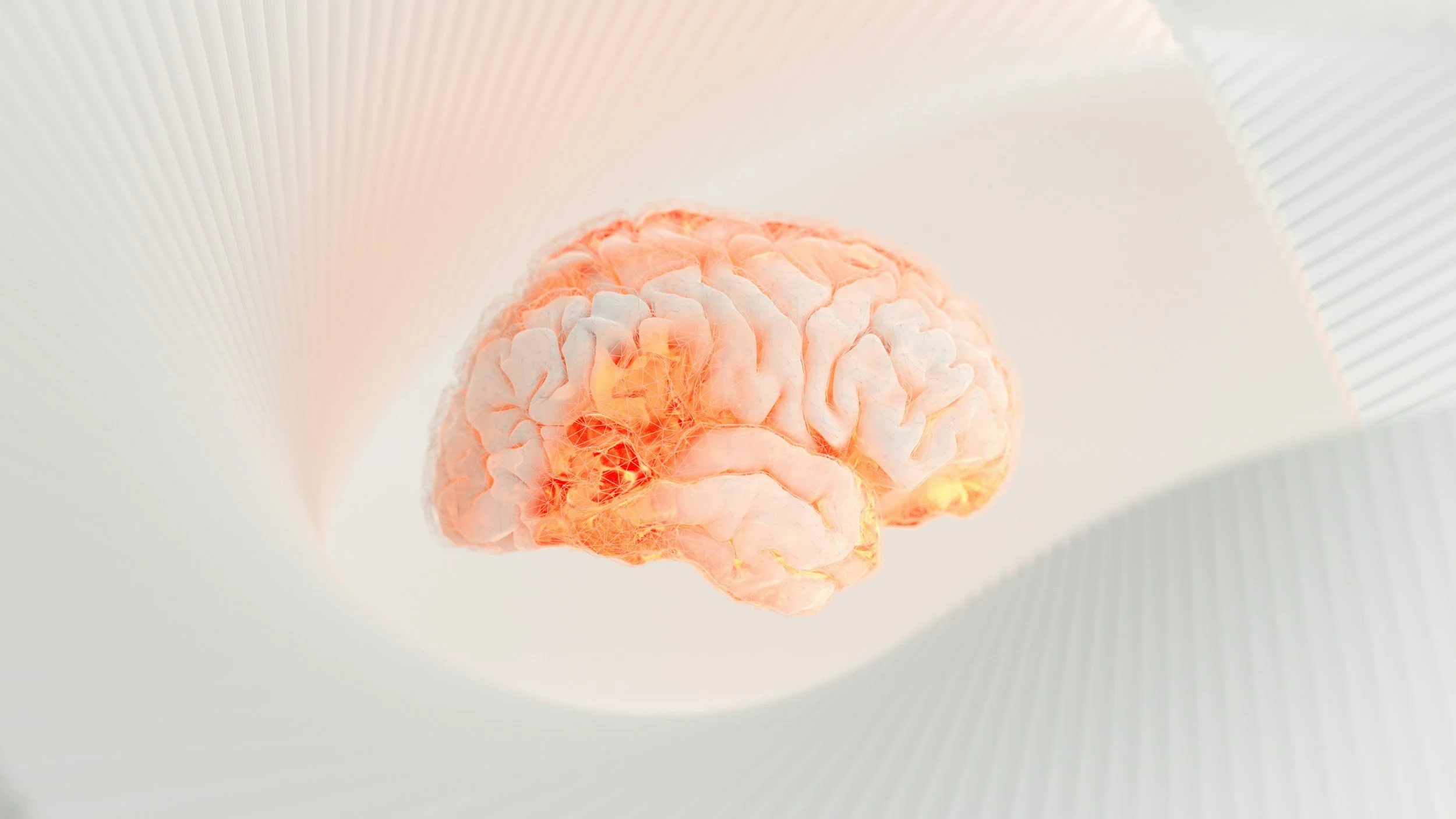
Taste, Smell, and the Future of Brain Health
September is World Taste & Smell Month, a time to celebrate the senses that shape how we enjoy food, connect with others, and make sense of the world around us. But taste and smell are more than just pleasures — they are vital to our health, safety, and even early warning signs of what’s happening inside our brains.

Bitter “Supertaster Gene” May Shape Your Diet — and Your Health
Why do some people find broccoli unbearably bitter while others love it? The answer may lie in a common taste gene known as TAS2R38, nicknamed the “supertaster gene.”

Anosmic Adults Wanted for ONLINE SURVEY ABOUT FOOD VIVIDNESS
This study aims to explore how language influences the sensory aspects of eating experiences.

Non Invasive Smell Aids Tested in Clinical Trial: May Offer Some Improvement to Olfactory Ability
Non-invasive smell aids may improve the ability to smell according to the results of a recent clinical trial. Researchers from Ohio State University tested a nasal plug and a nasal clip designed to improve intranasal air and odorant delivery. The results, reported in BMC Medicine, show some promise.

The Nose Knows: Why the Future of Virtual Reality Smells Different
One person’s lavender is another’s laundry trauma. Without nuance, scent can become a glitch in the matrix. Mindy share more on this.

Chemosensory Dysfunction in Cancer Care: Why Taste and Smell Deserve a Seat at the Table
A 2025 study published in the Journal of Cancer Education by Stromberg et al. makes the case clear: chemosensory dysfunction is common, disruptive, and under-addressed.

New Study Finds Smell Loss A Associated with More Than 100 Medical Conditions
The extensive range of conditions correlated to smell loss suggests a deeper, more fundamental connection between our sense of smell and overall health.




